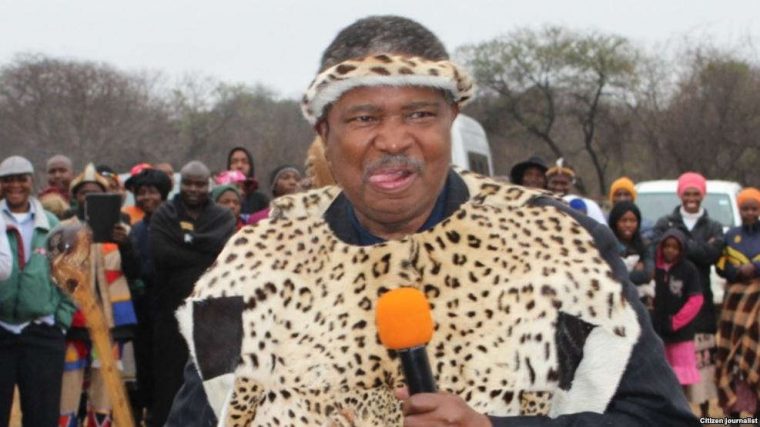Gukurahundi, the massacres of the 1980s which left between 10 000 and 20 000 people in Matebeleland and Midlands dead or missing, has reared its ugly head again this time during the debate on the proposed National Peace and Reconciliation Commission Bill.
The bill has virtually divided the house with legislators from the ruling Zimbabwe African National Union-Patriotic Front literally saying that the past is dead and should be buried, while those from the opposition Movement for Democratic Change argue that truth must be told first so that people can reconcile with that past.
The current bill is a second attempt after the first bill, introduced in 2015, was withdrawn the following year after an adverse report from the Parliamentary Legal Committee.
The new bill had a terrible start during its second reading with MDC chief whip Innocent Gonese complaining that the government was not taking the bill seriously because the Minister responsible for Peace and Reconciliation, Vice-President Phelekezela Mphoko, was not even in the House to read the bill.
To get the pulse of what has so far transpired during the debate which has gone on for days, The Insider is serialising the debate as published in Parliament’s official record, Hansard.
SECOND READING:
NATIONAL PEACE AND RECONCILIATION COMMISSION BILL [H.B. 2, 2017]
Fifth Order read: Adjourned debate on motion on the Second Reading of the National Peace and Reconciliation Commission Bill.
Question again proposed.
HON. ZIYAMBI: On 10th February 2017, the Government of Zimbabwe gazetted the National Peace and Reconciliation Bill [H.B.2, 2017.] to put the National Peace and Reconciliation Commission (NPRC) into operation and related matters. This Bill is the successor to the National Peace and Reconciliation Bill [H.B 13, 2015] (the old Bill) which was gazetted on 18th December 2015 and withdrawn from Parliament in May 2016 following an adverse opinion on the Bill by the Parliamentary Legal Committee as well as members of the public during the Public Hearings held from 10 to 18 April 2016.
2.0 Methodology
The Justice Committee and thematic Committees of Human Rights and of Peace and Security conducted joint public hearings in all of the country’s provinces, and gathered views and opinions on the Bill. Hearings were conducted in all provinces of the country by two separate teams, Team A and Team B.
Continued next page
(315 VIEWS)
